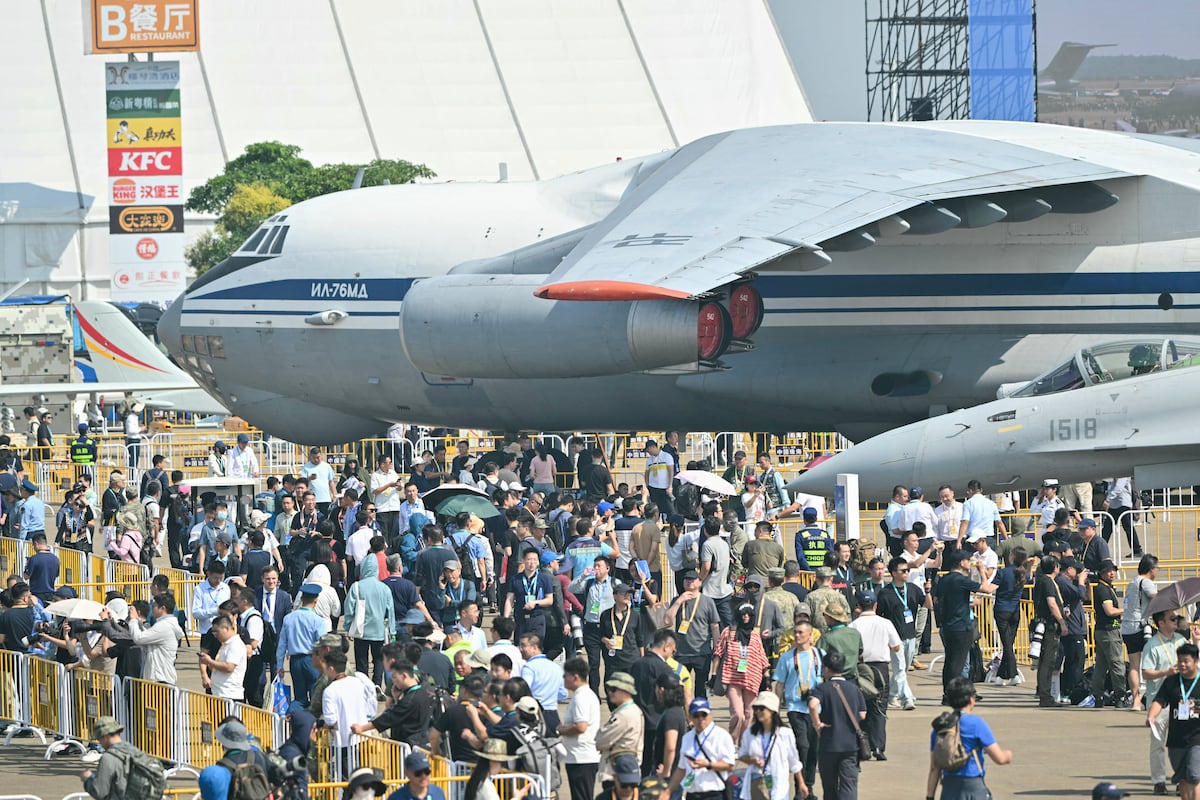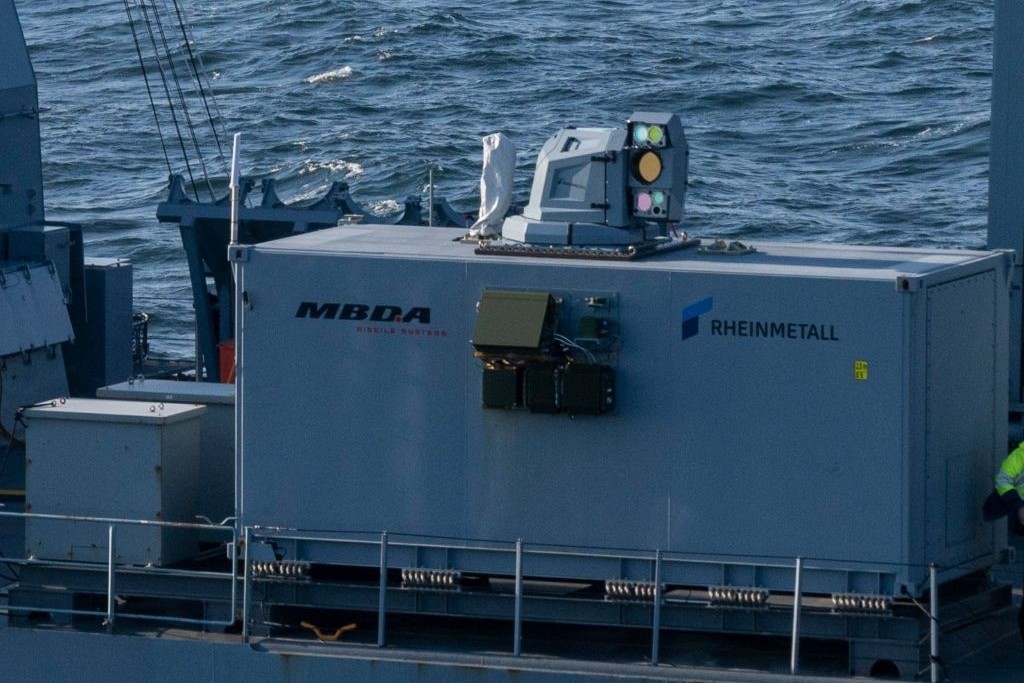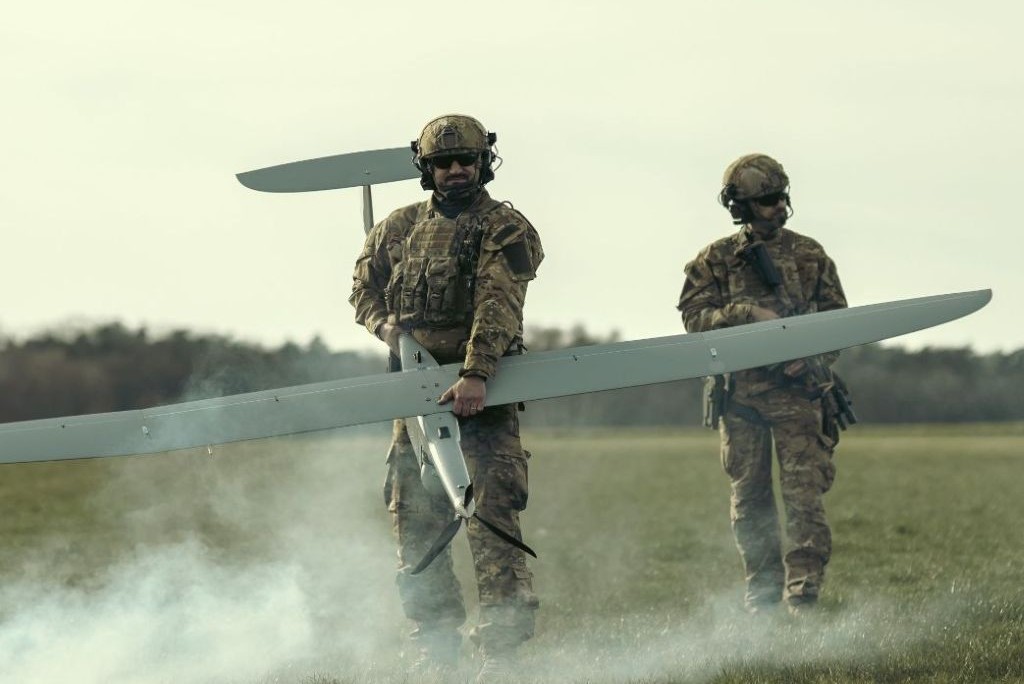Russian Military Presence in Venezuela: Implications and Context
Recent Developments
A Russian Ilyushin Il-76 transport aircraft, designated RA-78765, recently landed in Caracas, Venezuela, marking a significant increase in Russian engagement with the Latin American nation. This aircraft’s arrival occurred following a complex two-day flight from Russia, which included stops in Armenia, Algeria, Morocco, Senegal, and Mauritania before entering Latin American airspace.
Flight Path Analysis
The circuitous route taken is indicative of efforts to circumvent Western airspace and evade potential cargo inspections in jurisdictions perceived as unfriendly. This tactic may also suggest that the Il-76 engaged in intermediate deliveries or pickups during its transit.
Highlights of the journey include:
- Intermediate Stops: In Algeria, Senegal, and Mauritania, areas where Russia maintains a military presence or cordial relations. This allowed the aircraft to refuel and potentially conduct operational activities.
- Aircraft Specifications: The Il-76 has a cargo capacity of up to 50 tons or the ability to transport 200 passengers. Historically, this model has been used to deliver munitions, military supplies, and personnel on behalf of the Russian state.
Operational Context
Aviacon Zitotrans, the operator of this aircraft, is currently subject to sanctions imposed by the U.S., Canada, and Ukraine due to its affiliations with the Russian military. The company has a documented history of delivering various military equipment, including rockets and aircraft components, to regions of conflict where the Wagner Group has operated.
The Wagner Group, formerly commanded by Yevgeny Prigozhin, served as an instrument of geopolitical strategy for President Vladimir Putin, extending Russia’s influence particularly in Africa. Post-mutiny in 2023, Wagner’s operations were integrated into the Russian military structure, evolving into the Russian Africa Corps.
Geopolitical Ramifications
These actions occur against a backdrop of escalating tensions between the United States and Venezuela, a longstanding Moscow-aligned regime. The U.S. government has accused Caracas of participating in narcotics trafficking and has deployed military resources to the region to target vessels allegedly involved in this illegal trade.
Strategic Implications
The recent aircraft deployment reflects Russia’s intent to solidify its foothold in Latin America, potentially leveraging Venezuela’s alignment against U.S. interests. This strategic maneuvering suggests that Russian military capabilities may be increasingly utilized to bolster political allies in the Western Hemisphere.
- Potential Military Deliveries: Given the Il-76’s capabilities, future flights could involve transporting advanced military systems, although larger shipments, such as the S-400 air defense system, would necessitate multiple trips.
- Broader Influence: The implications extend beyond military assistance; they could reshape diplomatic relationships in the region, impacting U.S. strategy and engagement in Latin America.
Understanding these dynamics is crucial for defense policymakers and analysts as they assess the evolving geopolitical landscape and ongoing security challenges.



